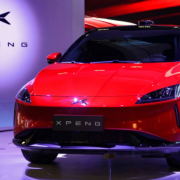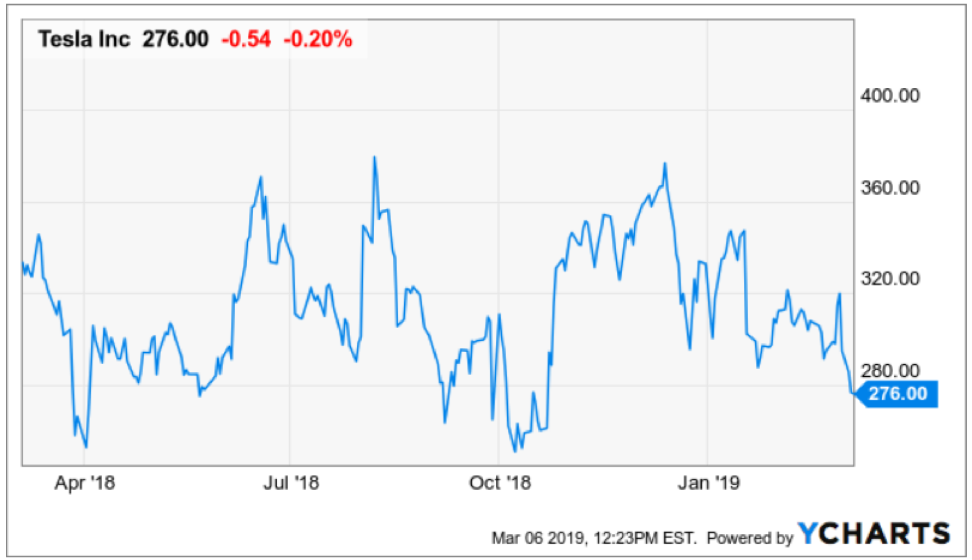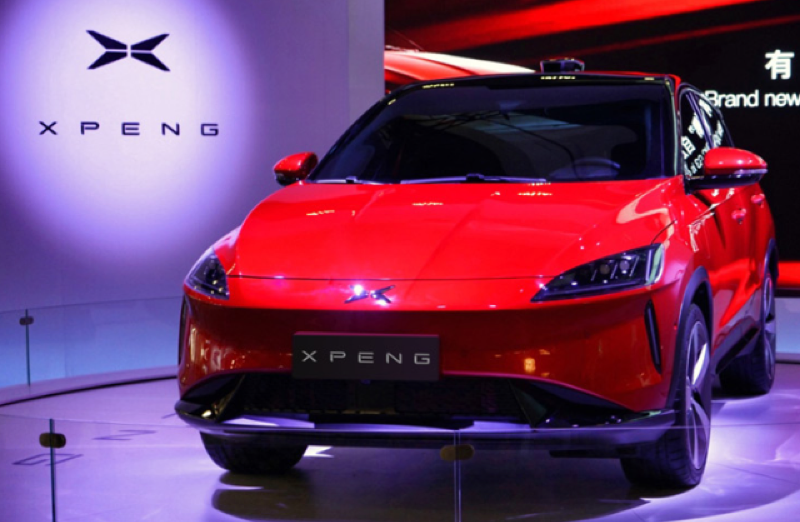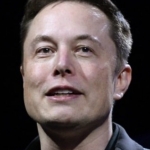Will NIO Eat Tesla's Lunch
The death of Tesla.
There is a sudden existential threat for one of the transformational American companies of the century created by Elon Musk.
And you can thank China for it.
If you didn’t know it, there are over 500 electric vehicle (EV) firms in China and the most widely known is NIO Inc.
NIO’s production chain spans just 20% the size of Tesla and has only delivered just a few thousand cars to this point.
Part of the reasoning for Tesla’s Musk to roll out a cheaper version of the Model 3 sedan was in reaction to the potential pipeline of China manufactured EV cars coming online.
The mushrooming of the electric car industry in China could be a death knell for Tesla.
Not only is the company battling stand-alone Chinese companies now for market share, but they will need to overcome the support of the Chinese communist party and the unlimited funds they throw at these types of national initiatives through generous subsidies.
As we speak, the communist party is starting to consolidate the national automotive industry and China’s National Development and Reform Commission will pour resources into the certain firms they believe can become national EV champions.
As it stands, China's sold more than 1 million electric vehicles in 2018 and could sell 2 million EVs by 2020.
And by 2030, China could dominate the global EV market by snatching 50% of the market.
I believe Tesla has absolutely zero future in China because of the explicit fact they are not a Chinese company and at this stage of the game, China and its home-grown tech are comfortable enough to stand behind the quality of their tech no matter how they acquire the secrets.
In fact, NIO Inc. produced an EV car that is above average quality and will improve with each iteration.
Headaches have already started to compile for Tesla as well when 1,171 Model 3 sedans arrived at industrial city Tianjin and were duly blocked with customs unhappy with the sticker labeling.
This nitpicking is a warning sign for things to come and Tesla will be hard-pressed to become what Apple was in China before Chinese consumers stopped buying iPhones. Or it may be just another iteration of the trade war, now a year old.
Don’t forget that US imported automobiles are exposed to high 100% customs duties that were infamously present even before the trade war began.
A Tesla factory in Shanghai is in the works with the $2 billion loan coming from a state-owned Chinese bank which vanishes any in-house knowhow Tesla planned to keep under wraps.
American high-end products will have to take on a bevy of domestic competitors, even some that possess borrowed foreign technology.
Along with the headwinds of battling state subsidies, Tesla will have to grapple with the price points at which Chinese EV companies sell their cars.
NIO’s ES6 is the follow up to the first all-electric SUV called the ES8 and deliveries start in June.
The car will go on sale for 358,000 RMB, or about $51,000, and that’s before government subsidies.
The 70kWh battery pack offers 254 miles of range and mimics Tesla features with an 11.3-inch touchscreen.
And if you thought Tesla could absorb the heavy blow from a $51,000 price point before government subsidies, then there is burgeoning EV firm Xpeng that crashes the price points even further.
The founder of Xpeng, Henry Xia, has conceded publicly that he was deeply influenced by Tesla and admitted his company was open-sourcing their patents.
The Xpeng G3 starts at 227,800 RMB, equivalent to less than $33,000, once again, before any government subsidies.
The product copies Tesla-style touchscreen features on the dashboard and has battery range capabilities of around 230 miles.
And here is the game changer, the effect of government subsidies could crater the price of these two types of Chinese EV cars to less than $9,000 for the consumer.
Game over for Tesla.
I surmise that once these Chinese EV cars cross the threshold of quality that puts the Chinese variant close to 75% as good as Tesla’s version, potential customers will flock to cheaper Chinese EV firms will a deluge of mass orders.
The global EV industry is the next high-tech industry to get hijacked from the Americans by the industrious Chinese who collaborate with state financial power to take down foreign competition.
Tesla, its leader Elon Musk, and every other high-end German car company are facing down a barrel of a gun that will prove to be an existential crisis of epic proportions.
This is all part and parcel of China’s plan to reshape the global export value chain.
China’s response is to crash the price of EV’s and use state support to outlast external competitors.
Equally as important, China has a massive shortage of EV infrastructure posing problems for Tesla cars to charge up outside.
This could be the trick up the sleeve of Beijing, they could easily squeeze Tesla out of the mix by allowing only home-grown EV cars to charge up at public charging stations citing security concerns of American technology.
The effect would be that Tesla owners would only be able to fill up in the confines of their own house which is problematic since most urban Chinese who can afford Teslas live in skyrise apartments without a personal garage.
The Middle Kingdom is also facing an ecological crisis at home and an exaggerated migration to EV cars is the state’s solution to cleaning up the domestic environment.
The long-term vision appears to have no place for Tesla in the Chinese economy – they already have their own Tesla’s and more imitations in the pipeline hoping to crash the price points even further.
Even more frustrating, 2020 or 2021 is the timeline to get Tesla production up and running in Shanghai, but by then, Tesla and Musk might be fighting from a position of weakness.






